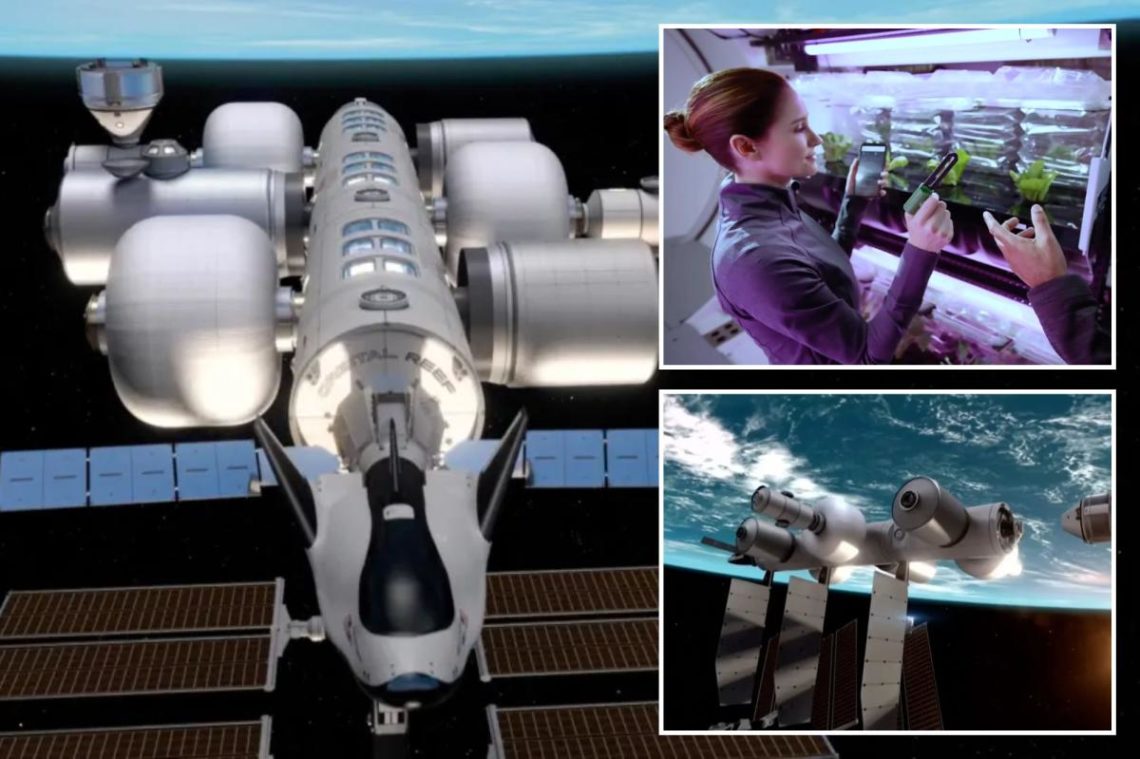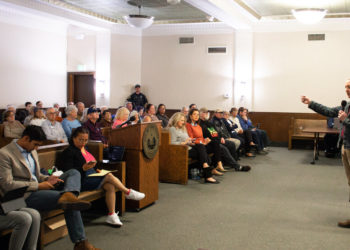Jeff Bezos has already sent people to space in his Blue Origin rockets, now he’s working out a way they could live there.
The Amazon founder is dead set on making his ultimate science fiction dreams come true, by having a thriving population of humans circulating in space.
“In the next couple of decades, I believe there will be millions of people living in space. That’s how fast this is going to accelerate,” he recently said at Italian Tech Week 2025.
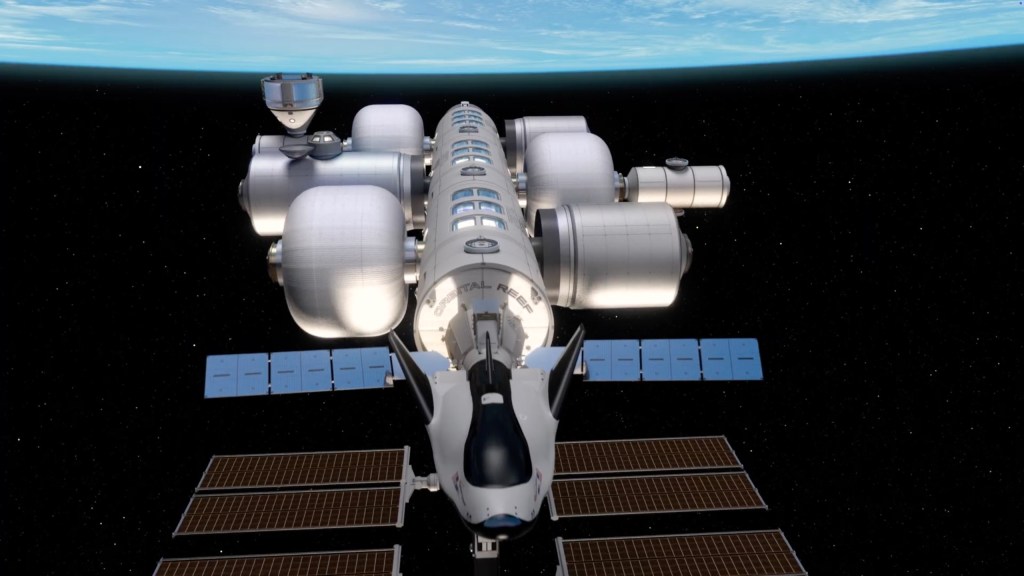
In a statement published on his space company Blue Origin’s YouTube page, the reasoning for the mission is made clear.
“We believe that, in order to preserve Earth, our home, for our grandchildren’s grandchildren, we must go to space to tap its unlimited resources and energy.”
In other words, a large part of the mission is the preservation of our planet.
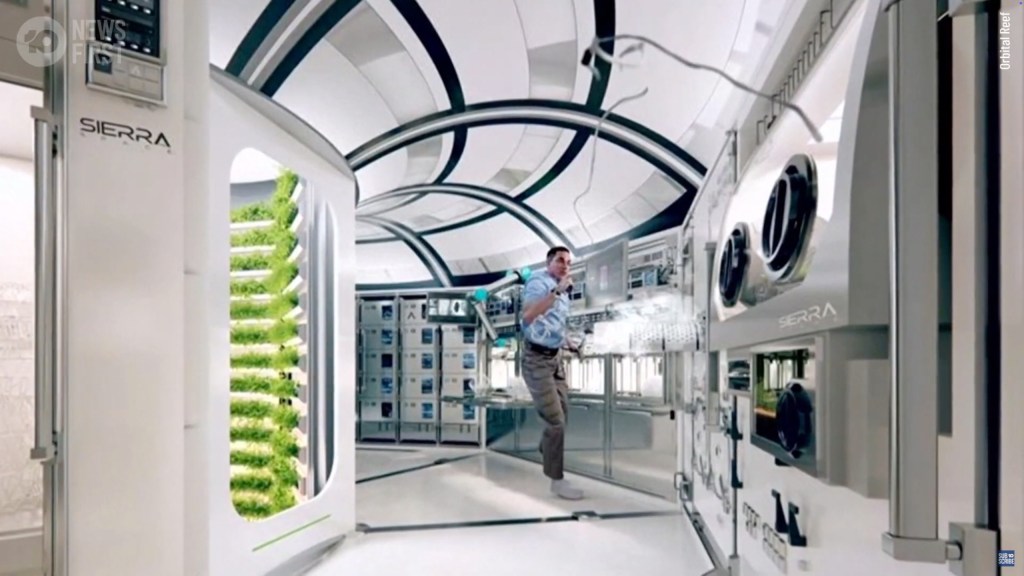
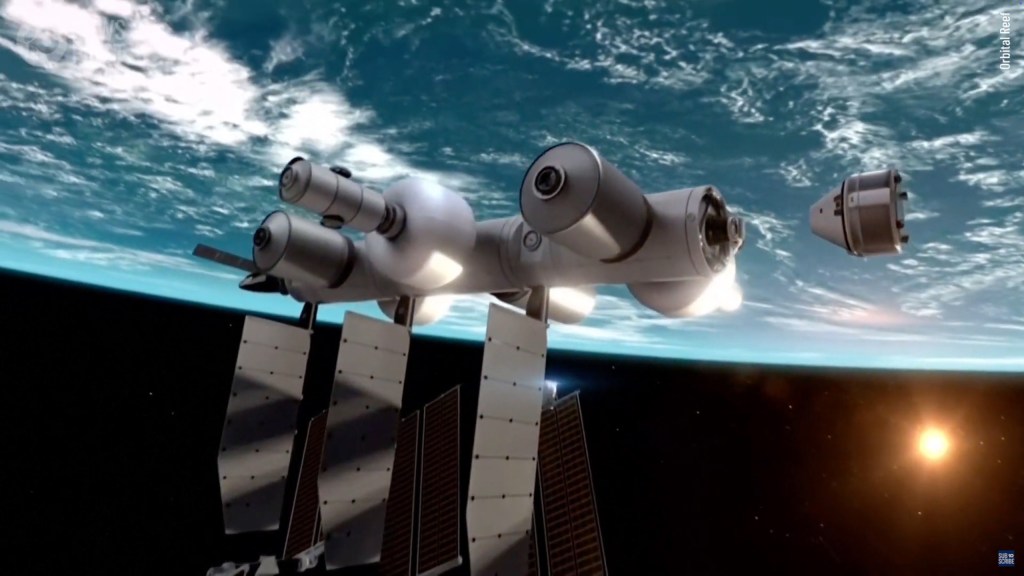
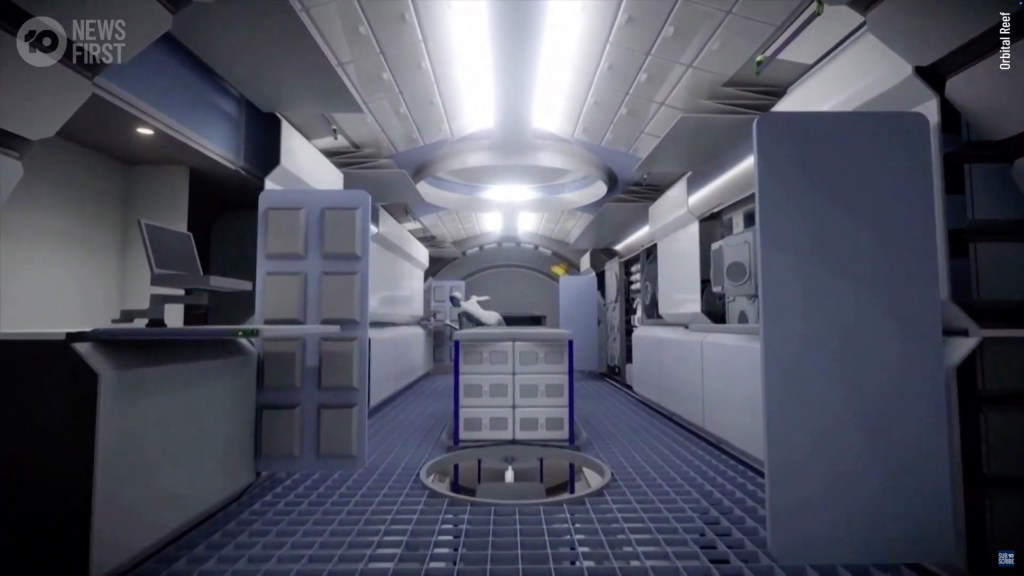
“It’s just a lifelong passion to have a lot of people moving into space,” Christian Davenport, author of “Rocket Dreams: Musk, Bezos, and the Inside Story of the New, Trillion-Dollar Space Race,” told The Post.
“He’s got this vision where the space stations are so big, humanity can spread out into the solar system to live there and have all the heavy industry happen in space. Then Earth is preserved as a huge park.”
Davenport admits the full-blown version may be centuries rather than decades away, but Bezos already has an initial proof-of-concept project in the works. As a side benefit: It could potentially replace the increasingly deteriorating International Space Station.
It is anticipated as the first privately owned place in space, and could be fully operational by 2030.
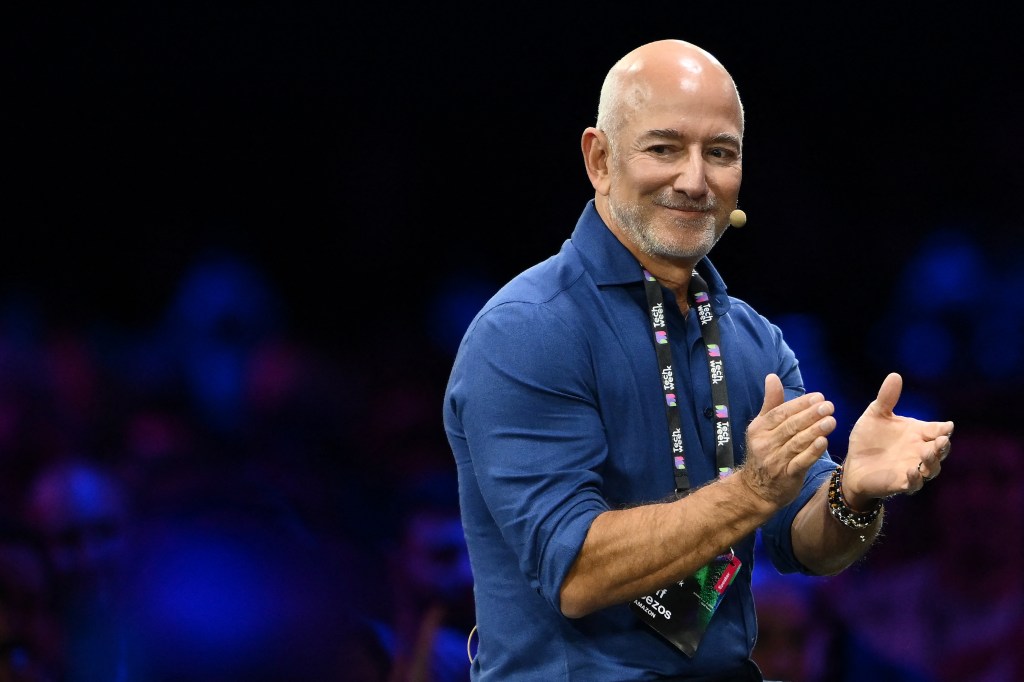
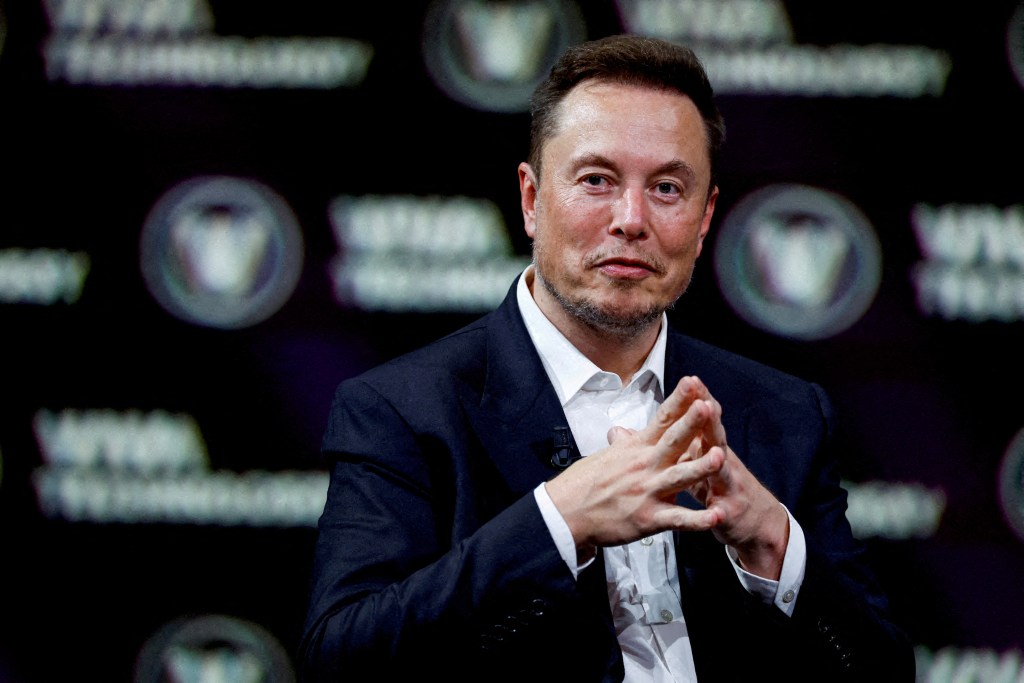
Known as Orbital Reef, the project is being produced in collaboration with Sierra Space, Boeing and others.
Blue Origin says it is a space station-like vessel that can hold up to 10 people while being deployed as a “mixed use business park” in low Earth orbit space. It is expected to be some 250 miles above the Earth’s surface, close to where the International Space Station currently operates.
James Pethokoukis, an analyst focused on technology at the American Institute, told The Post, “This is the beginning of what he is talking about. It will be a first major step [in terms of space living] for Blue Origin.”
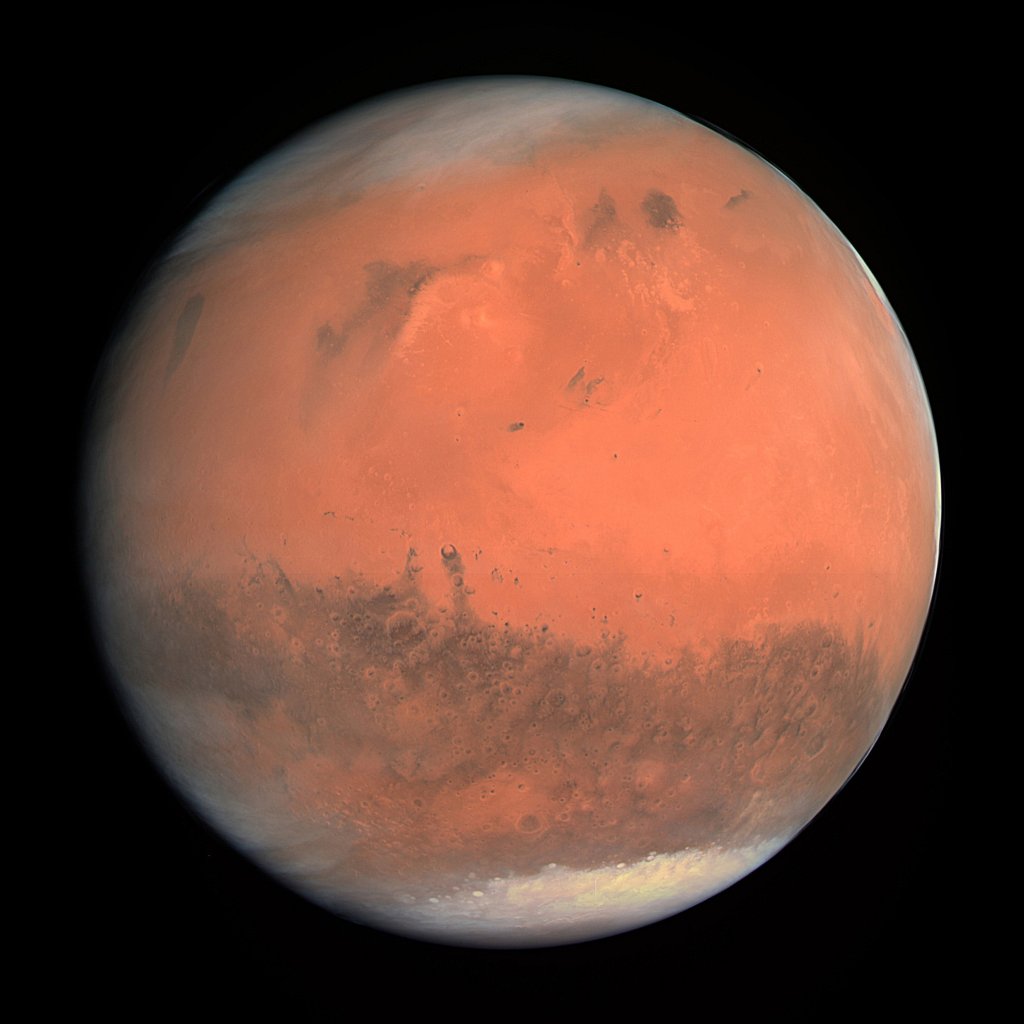
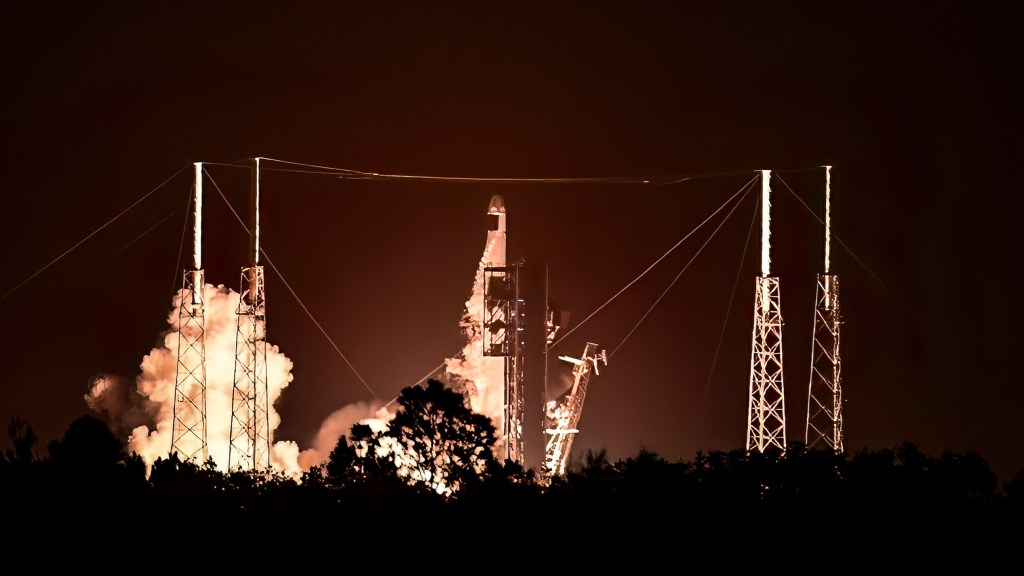
And Pethokoukis won’t be surprised to eventually see the craft circling our planet at 17,400 miles per hour — which is what’s required to keep a stable orbit. This means one orbit of the planet every 90 mins.
“Look at the International Space Station,” said Pethokoukis, author of “The Conservative Futurist.” “We’re already living and working in space. I think the way to look at this is that we’ll be doing economically valuable work in space – whether it’s data centers or some sort of energy production.”
In both cases, sunlight will be the energy source, something another of Bezos’ spacecraft, Blue Alchemist, is already working on how to harness from the moon.
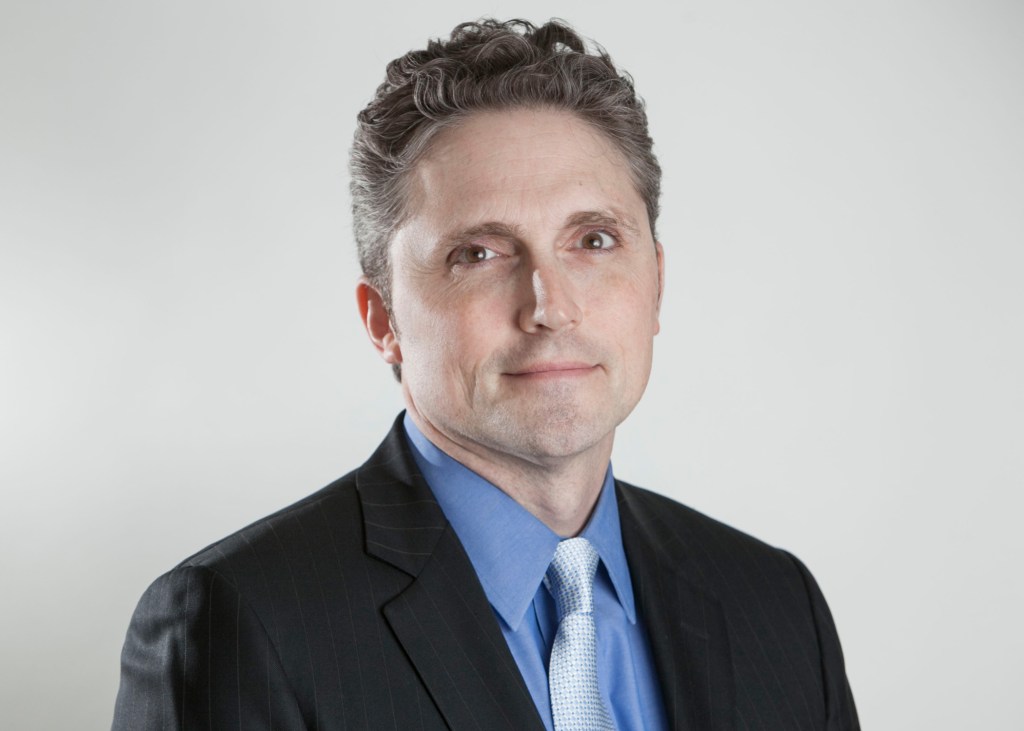
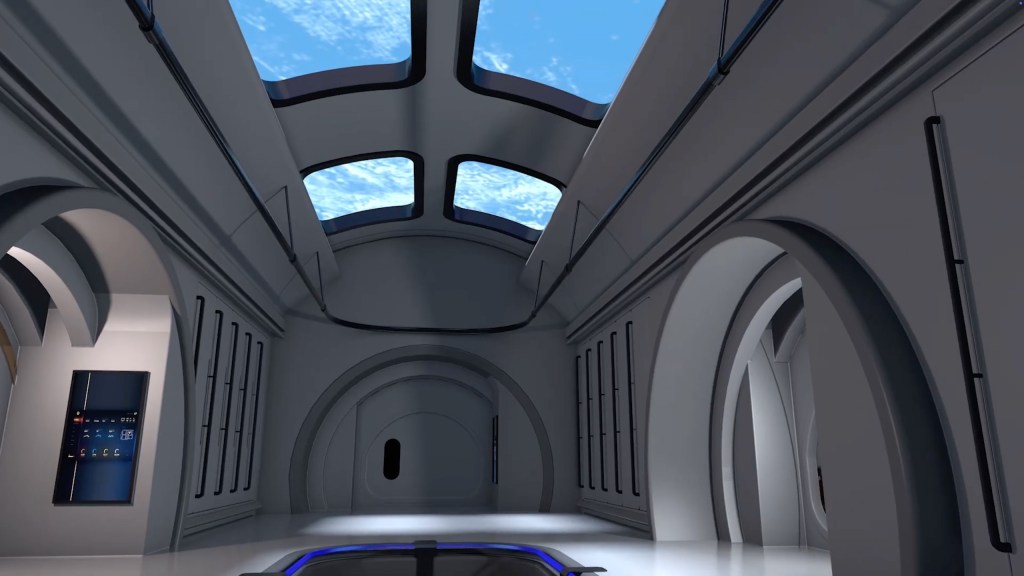
According to Blue Origin, the Orbital Reef will be “the premier mixed-use space station in low-earth orbit for commerce, research and tourism.”
It anticipates a “vibrant ecosystem,” funded by tourists who want to experience life off the planet, other nations renting space on Orbital Reef, as well as companies, like those in the pharmaceutical sector, capitalizing on the microgravity environment to do experiments which they can’t carry out on earth.

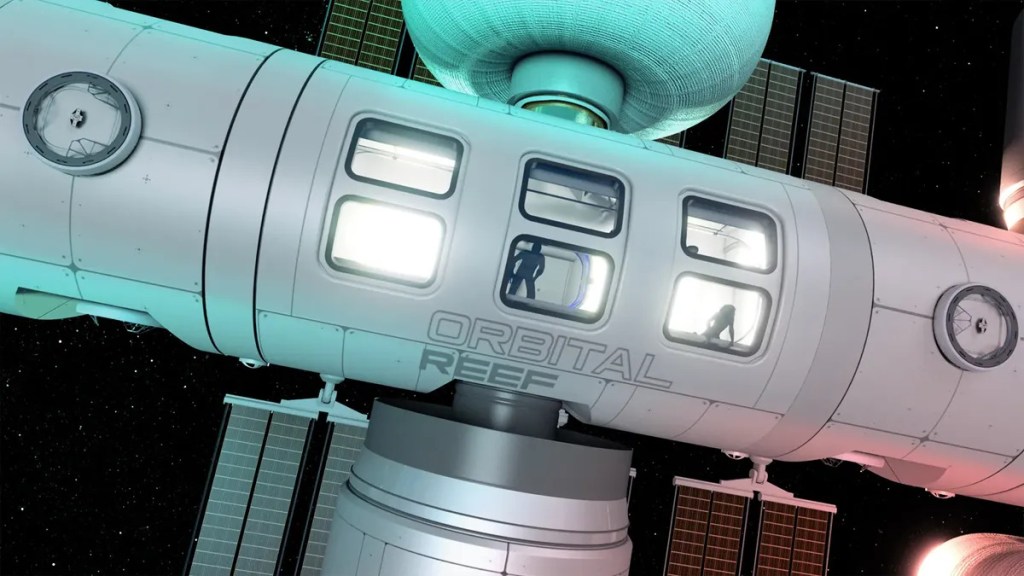
Orbital reef will house 10 people to begin with, but is designed in a way that other sections can be blasted from earth into space and added on as demand increases.
In terms of tourists, the company sees itself providing what it calls “exotic hospitality” for adventurous one-percenters. Think of it as providing a futuristic kick like doing something such as climbing, say, Mount Everest, does today.
But this is just the first step. A project to be called O’Neill colonies is the grand plan of Blue Origin. The name pays homage to Gerard O’Neill, a Princeton physicist who put forward the vision and worked out the theory of how people could live in enormous space cylinders, which have come to be called O’Neill Cylinders. Not coincidentally, Bezos attended the Ivy League university when O’Neill taught there.
O’Neill’s vision would have stations in lower outer space which would spin while orbiting the earth in order to create the feel of gravity.
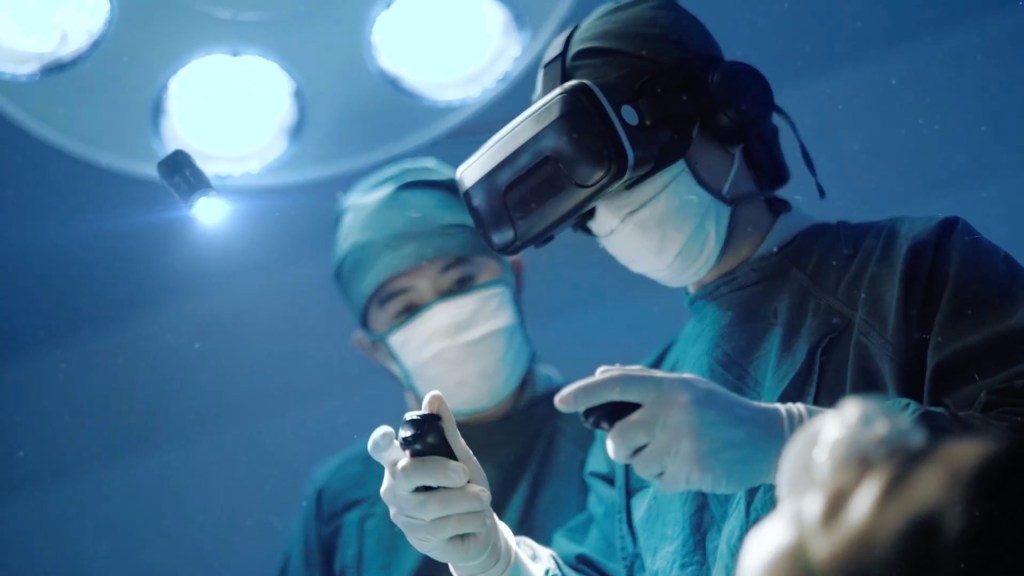
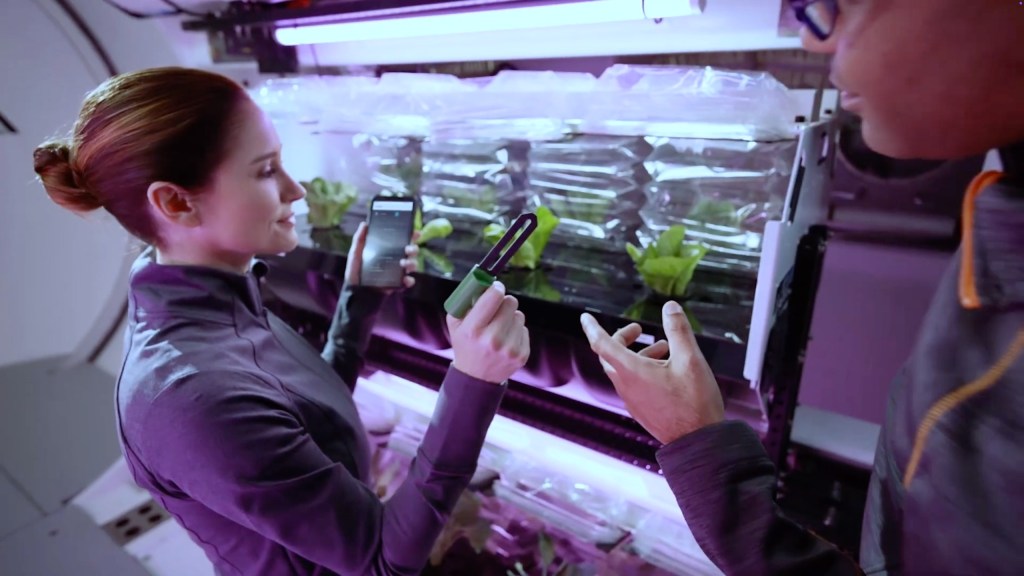
Bezos’ plan for the space colonies, sized at more than a mile wide, would include frozen water retrieved from the moon, according to CNN. Astronomy magazine says plant-based foods will come from huge greenhouses built in the colonies.
Bezos is not the only eccentric, space-loving billionaire to dream of leaving planet earth. Elon Musk has long been pushing out the idea of humans colonizing Mars, and frequently wears T-shirts which read “Occupy Mars.”
Robert Zubrin, author of “The New World on Mars,” who knows Musk, believes the Mars gambit is more doable than what Bezos has in mind.
“I think some of the things that Bezos says are not well based; he talks about moving heavy industry into space to save the Earth’s environment; that’s preposterous,” Zubrin told The Post.
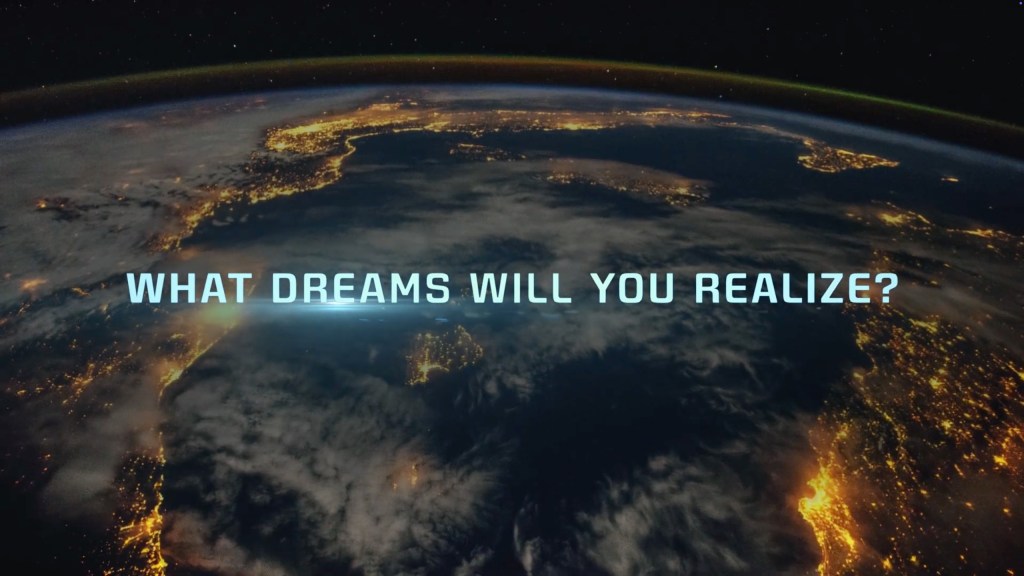
“I think it’s much easier to settle a planet than to build one. I think having settlements on Mars is possible within 20 years. I don’t think building floating cities in space within 20 years or 100 years is possible.”
However, even by space rocket using current technology, Mars takes around seven to ten months to get to.
While many are fascinated by the idea of heading to space, Davenport warns there are certain practicalities.
“It’s really dangerous. People romanticize human spaceflight. But we shouldn’t lose sight of the fact that going to space on a rocket is a very dangerous endeavor.
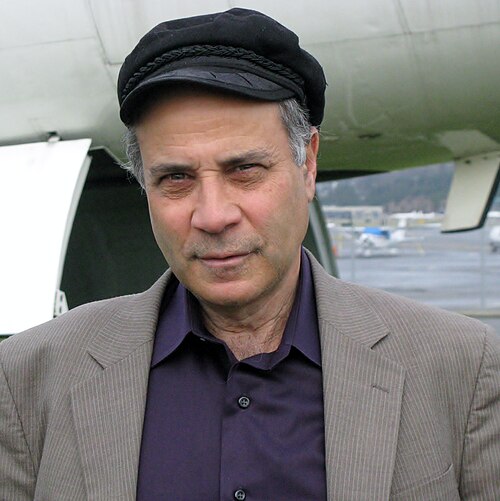
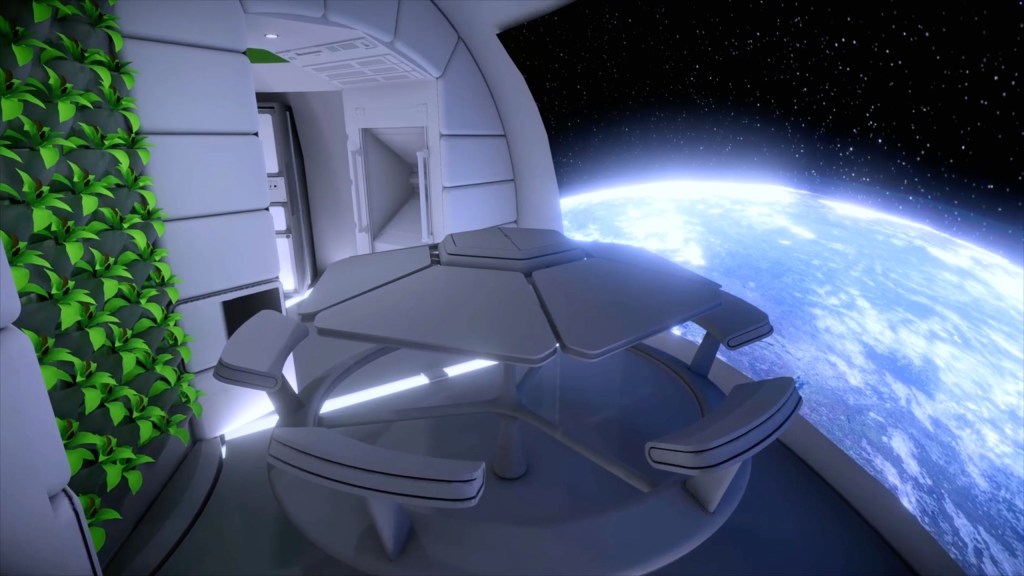
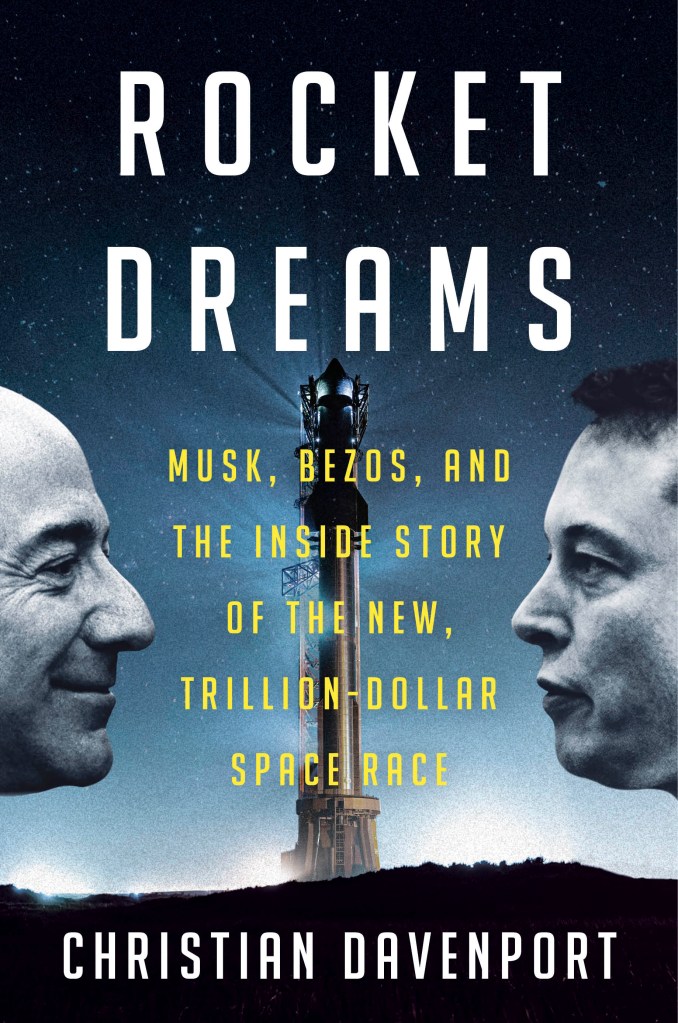
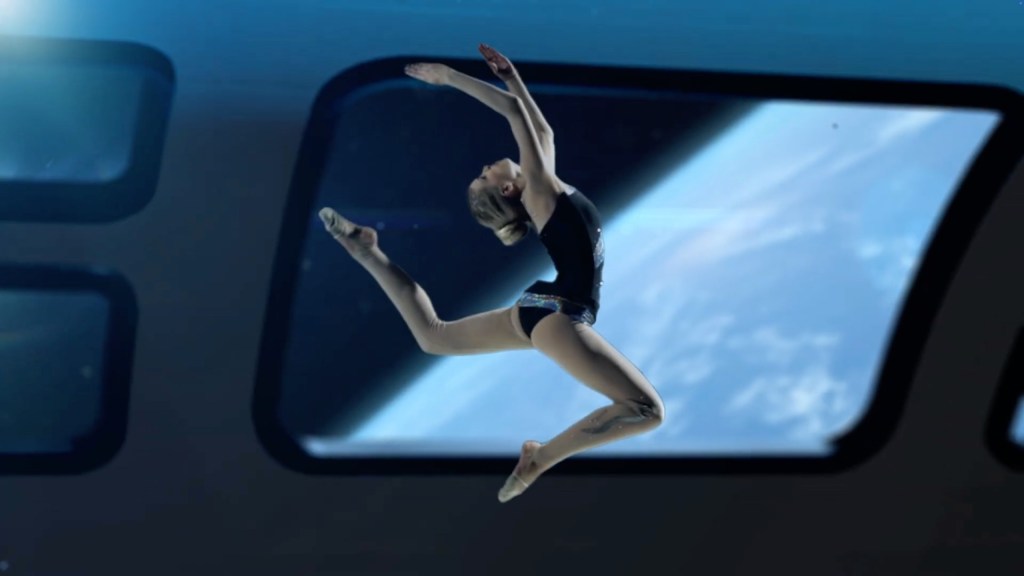
“It’s a high radiation environment and when you re-enter the earth’s atmosphere, the spacecraft is slamming in, generating enormous heat, which is why it is engulfed in a fireball. Then the parachutes have to deploy safely. It has to splash down in the ocean. This is not for the faint of heart.”
In light of everything, the question arises as to why two of the richest men on Earth seem eager to leave the planet, or at least to facilitate others to do so as they might be too long in the tooth themselves by the time it becomes a reality.
“Musk is not in this for the money,” said Zubrin. “Musk is in this for eternal glory, for doing great deeds. And I think that’s what Bezos is in it for as well.
“You know they’re past the point where money matters, right? You might say it’s a form of immortality.”
The post Jeff Bezos wants to send people to live in space — here’s what it would look like appeared first on New York Post.
